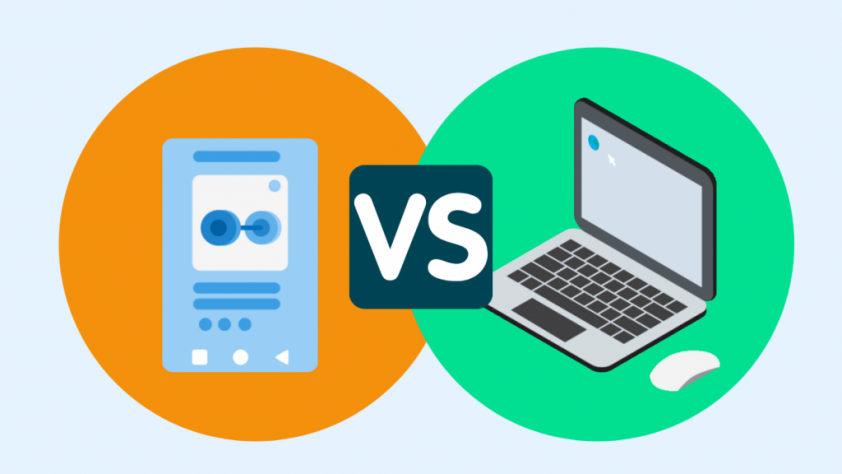In today’s digital age, having a mobile app is no longer a luxury, but a necessity for businesses and individuals alike. However, the cost of developing a mobile app can be a significant barrier to entry. With so many factors to consider, it’s easy to get overwhelmed by the complexity of mobile app development costs.In this comprehensive guide, we’ll break down the costs of mobile app development, exploring the various factors that affect the final price tag. Whether you’re a business owner, entrepreneur, or individual looking to develop a mobile app, this guide will provide you with the insights you need to make informed decisions about your project.
What is a Mobile Application Development?
Mobile application development is the process of creating software applications that run on mobile devices, such as smartphones and tablets. These applications can be developed for a variety of purposes, including:
- Entertainment: Games, music, and video streaming apps
- Education: Learning apps, educational games, and language learning apps
- Productivity: Task management, email, and calendar apps
- Commerce: E-commerce apps, mobile payment apps, and banking apps
Mobile apps can be developed using a variety of programming languages, including Java, Swift, and Kotlin. The development process typically involves designing, coding, testing, and launching the app on the app stores.
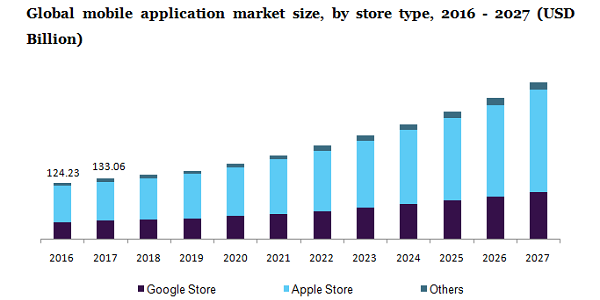
Types of Mobile App Development
There are several types of mobile app development, including:
- Native App Development: Native apps are developed specifically for a particular mobile platform, such as iOS or Android. These apps are built using the platform’s native programming language and tools, and are optimized for the platform’s specific hardware and software features.
- Cross-Platform App Development: Cross-platform apps are developed to run on multiple mobile platforms, using frameworks such as React Native or Flutter. These apps are built using a single codebase, and can be deployed on multiple platforms with minimal modifications.
- Hybrid App Development: Hybrid apps are developed using a combination of native and cross-platform technologies. These apps use a native shell to access the device’s hardware and software features, and use cross-platform technologies to build the app’s user interface and logic.
- Web App Development: Web apps are developed using web technologies, such as HTML, CSS, and JavaScript, and are accessed through a mobile device’s web browser. These apps are not installed on the device, but are instead accessed through the web browser.
What is the Process of Mobile App Development?
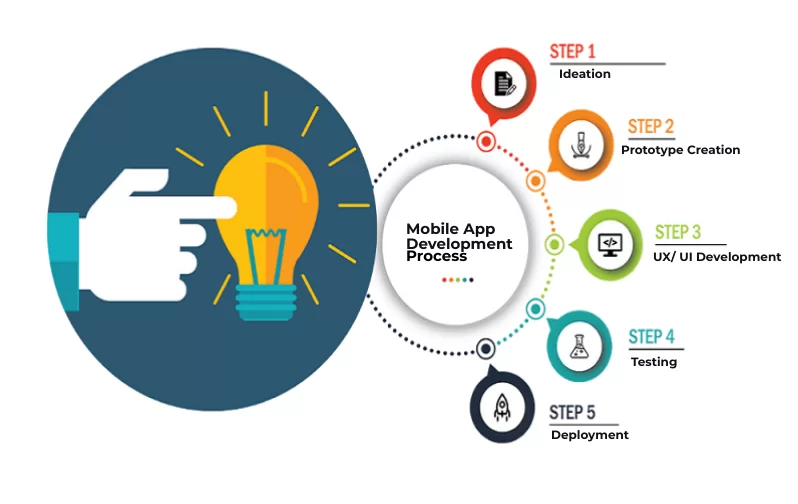
The process of mobile app development typically involves the following stages:
- Planning and Research: This stage involves defining the app’s purpose, target audience, and features. It also involves researching the market, identifying competitors, and determining the app’s unique selling proposition.
- Design: This stage involves creating the app’s user interface and user experience. It includes designing the app’s layout, graphics, and typography, as well as creating prototypes and wireframes.
- Development: This stage involves writing the code for the app. It includes building the app’s logic, integrating third-party libraries and APIs, and testing the app for bugs and errors.
- Testing: This stage involves testing the app for bugs and errors. It includes testing the app on different devices, platforms, and networks, as well as testing the app’s performance, security, and usability.
- Launch: This stage involves launching the app on the app stores. It includes preparing the app’s marketing materials, submitting the app to the app stores, and monitoring the app’s performance and user feedback.
- Maintenance: This stage involves updating and maintaining the app after launch. It includes fixing bugs and errors, adding new features and functionality, and monitoring the app’s performance and user feedback.
Factors Affecting Mobile App Development Costs
Before we dive into the cost breakdown, it’s essential to understand the factors that affect mobile app development costs. These include:
- Complexity of the app: The more complex the app, the higher the development cost. Complexity can include features such as user authentication, payment gateways, and data analytics.
- Type of app: Different types of apps have varying development costs. For example, a simple utility app may cost less to develop than a complex gaming app.
- Platform: Developing an app for both iOS and Android platforms can increase the cost compared to developing for a single platform.
- Design and user experience: A custom-designed app with a unique user experience can be more expensive to develop than a template-based app.
- Development team: The cost of hiring a development team can vary greatly depending on factors such as location, experience, and technology stack.
Cost Estimation and Breakdown
Now that we’ve explored the factors affecting mobile app development costs, let’s break down the estimated costs of developing a mobile app.
Basic App: $5,000 – $10,000
- A basic app with a simple design and limited features can cost between $5,000 and $10,000 to develop.
- Examples of basic apps include:
- Simple utility apps (e.g., unit converters, weather apps)
- Basic games (e.g., puzzle games, trivia games)
Mid-Complexity App: $10,000 – $50,000
- A mid-complexity app with a custom design and moderate features can cost between $10,000 and $50,000 to develop.
- Examples of mid-complexity apps include:
- Social media apps
- E-commerce apps
- Productivity apps
Complex App: $50,000 – $200,000
- A complex app with a custom design and advanced features can cost between $50,000 and $200,000 to develop.
- Examples of complex apps include:
- Gaming apps with 3D graphics and multiplayer functionality
- Enterprise apps with complex data analytics and integrations
Cost Breakdown by App Type
Here’s a breakdown of the estimated costs of developing different types of apps:
| App Type | Estimated Cost |
|---|---|
| Basic App | $5,000 – $10,000 |
| Mid-Complexity App | $10,000 – $50,000 |
| Complex App | $50,000 – $200,000 |
| Gaming App | $100,000 – $500,000 |
| Enterprise App | $200,000 – $1,000,000 |
Cost Breakdown by Platform
Here’s a breakdown of the estimated costs of developing an app for different platforms:
| Platform | Estimated Cost |
|---|---|
| iOS | $10,000 – $50,000 |
| Android | $10,000 – $50,000 |
| Both iOS and Android | $20,000 – $100,000 |
Hidden Costs and Expenses
In addition to the initial development cost, there are several hidden costs and expenses to consider when developing a mobile app. These include:
- Maintenance and updates: Regular maintenance and updates can cost between $500 and $5,000 per month.
- Marketing and promotion: Marketing and promoting your app can cost between $1,000 and $10,000 per month.
- Server and infrastructure costs: Server and infrastructure costs can range from $500 to $5,000 per month.
Infographic: Mobile App Development Costs
Here’s an infographic that summarizes the estimated costs of developing a mobile app:
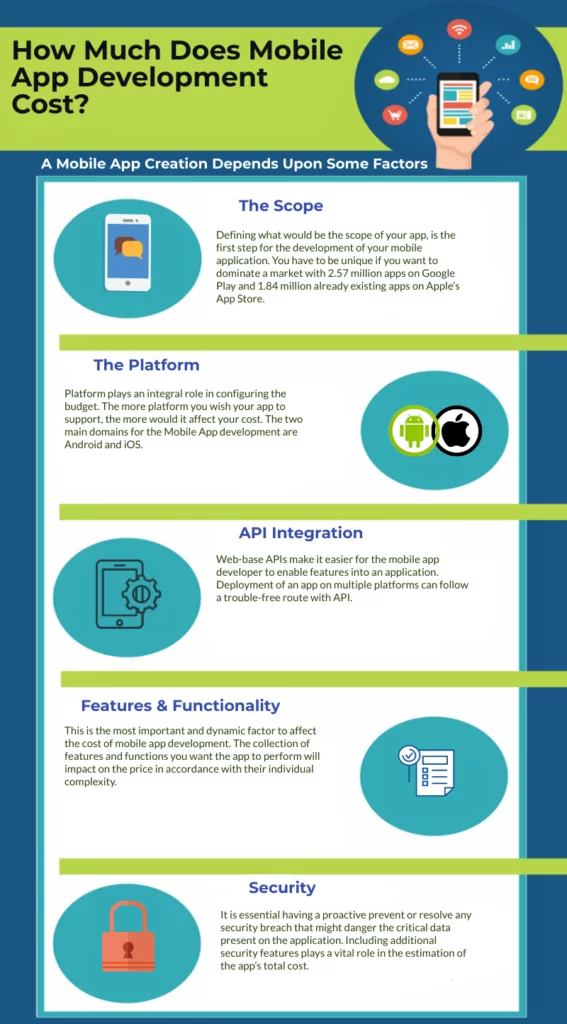
Mistakes To Avoid When Developing A Mobile App
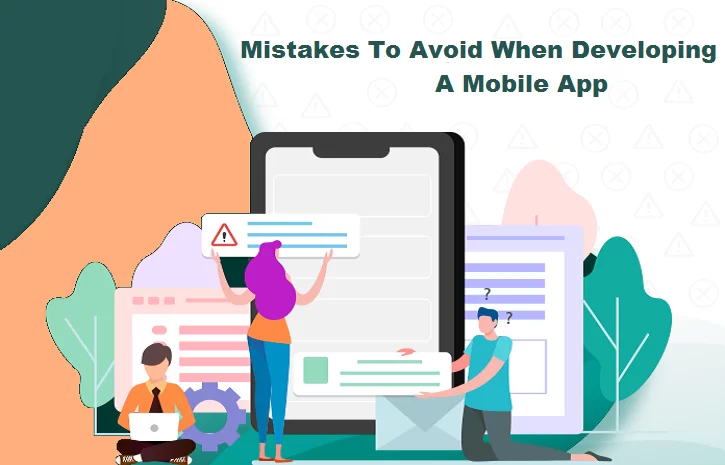
When developing a mobile app, there are several mistakes to avoid, including:
- Poor planning and research: Failing to define the app’s purpose, target audience, and features can lead to a poorly designed and ineffective app.
- Insufficient testing: Failing to test the app thoroughly can lead to bugs and errors that can negatively impact the user experience.
- Ignoring user feedback: Failing to listen to user feedback can lead to a poorly designed and ineffective app.
- Not having a clear monetization strategy: Failing to have a clear monetization strategy can lead to a loss of revenue and a poorly designed app.
- Not having a maintenance plan: Failing to have a maintenance plan can lead to a poorly maintained app that can negatively impact the user experience.
Conclusion
Developing a mobile app can be a significant investment, but with the right guidance, you can make informed decisions about your project. By understanding the factors that affect mobile app development costs and breaking down the estimated costs, you can better plan and budget for your project.At Ocode, we specialize in mobile app development and can help you bring your app idea to life. Contact us today to learn more about our services and get a custom quote for your project.


